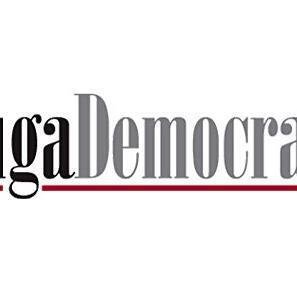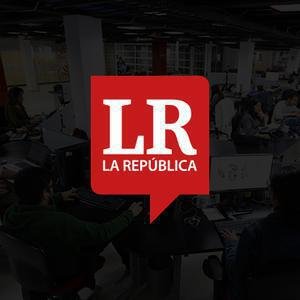- Stellantis announced the temporary layoff of 900 U.S. workers and production pauses at its Mexican and Canadian plants. The decision comes in response to the new 25% U.S. automotive import tariff rate imposed under the Trump administration.
- Officials at Stellantis said the company will be “continuing to assess the medium- and long-term effects of these tariffs” on its operations but “decided to take some immediate actions.”
- The United Auto Workers union criticized the layoffs, calling them an “unnecessary choice” by Stellantis, accusing the company of playing “games with workers’ lives.”
Full Story
Stellantis, the automaker behind brands such as Chrysler, Dodge, Jeep, and Ram, announced Thursday, April 3, that it is temporarily laying off 900 workers at five of its U.S. facilities. The decision comes in response to Thursday’s imposition of a 25% tariff on automotive imports, a measure enacted under President Donald Trump’s trade policies.
How will this affect Stellantis’ business?
The impacted U.S. facilities are primarily powertrain and stamping plants, which provide critical parts for Stellantis‘ assembly operations at its factory in Mexico and another in Canada. In addition to the U.S. layoffs, the company confirmed it is halting production at both of these international facilities.
Stellantis’ Windsor Assembly in Ontario, Canada, which produces vehicles such as the Chrysler Pacifica, Voyager minivan, and Dodge Charger Daytona, will cease operations for a two-week period.
In Mexico, the Toluca Assembly plant, responsible for building the Jeep Compass and Jeep Wagoneer S, will be shut down for the entire month of April. The company said that while workers at the Windsor and Toluca plants will not be working, they will continue to receive their pay.
What is the company saying about this move?
In a letter to employees on Thursday, Stellantis’ chief operating officer for the Americas, Antonio Filosa, expressed that the company is evaluating the long-term impacts of the new tariffs on its operations.
He explained that the temporary shutdowns and layoffs were necessary due to changes in the trade environment.
“We are continuing to assess the medium- and long-term effects of these tariffs on our operations, but also have decided to take some immediate actions,” Filosa said.
How significant is the tariff increase?
The new import rate is a 900% increase on the base U.S. tariff on automotive imports, which had previously been set at 2.5%.
Automakers importing vehicles from Canada or Mexico can, however, reduce the levy by deducting the value of U.S. parts used in production from the new 25% duty.
What has the reaction been from labor unions?
The announcement was met with criticism from labor unions in North America. United Auto Workers (UAW) President Shawn Fain condemned the layoffs, accusing Stellantis of unnecessarily sacrificing jobs.
“Stellantis continues to play games with workers’ lives,” Fain said. “They have the resources to employ thousands more UAW members in Michigan, Indiana, and beyond. These layoffs are a completely unnecessary choice.”
Meanwhile, Unifor, the Canadian union representing Stellantis workers at the idled Windsor plant, similarly spoke out against the company’s decision.
“Unifor warned that U.S. tariffs would hurt auto workers almost immediately and in this case the layoffs were announced before the auto tariff even came into effect,” Lana Payne, president of Unifor, said. “Trump is about to learn how interconnected the North American production system is the hard way, with auto workers paying the price for that lesson.”
What happens next?
Stellantis’ stock had already been dropping in anticipation of Trump’s tariff implementation, but fell again 7.2% to $10.45 in New York trading Thursday morning following the announcement it would be temporarily cutting jobs while pausing production in Canada and Mexico.
The White House has yet to provide a comment on the automaker’s decision.













































































